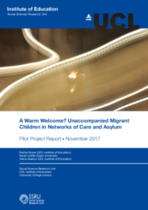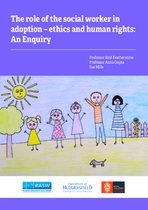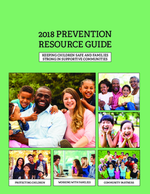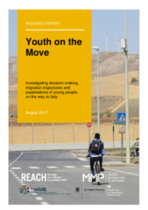A Warm Welcome? Unaccompanied Migrant Children in Networks of Care and Asylum: Pilot Project Report
This pilot project sought to investigate unaccompanied children’s experiences of care, and caring for others, as they navigate the labyrinthine asylum-welfare nexus in the UK.





